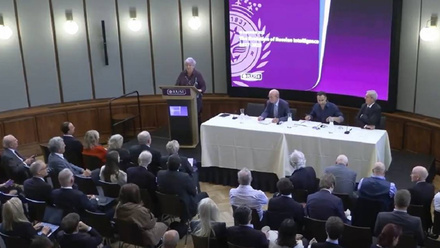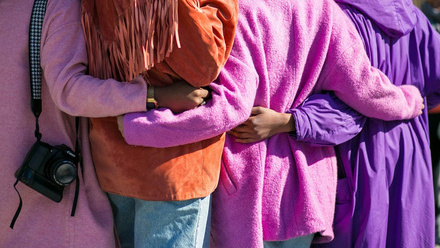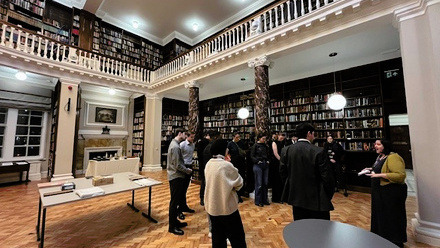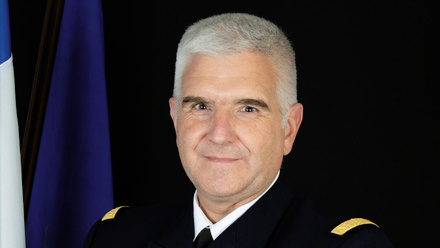Overview
Reports appear daily of actual or suspected acts of espionage, sabotage and subversion assumed to have been ordered by or carried out on behalf of Russia, including influence operations designed to affect other states’ political systems. Attacks may be directed at a range of global targets and are delivered by increasingly sophisticated means that make tracing and attribution difficult. Some argue that these activities represent a step change, a new, advanced form of Russian aggression that requires different types of offensive and defensive responses.
Covert activities conducted by the Russian state have a long and varied history that can be documented at least as far back as the Bolshevik revolution of 1917, and sometimes into the Tsarist period. A century ago, Russian intelligence organisations were already operating on a global stage and employing a wide range of proxy actors. It can be argued that it is technical means and speed of communication that have evolved, rather than any change in strategic intent or even level of hostile activity.
The panellists will discuss the evolution of Russian intelligence, its underlying continuity as well as new developments, and consider how this should inform the response.
Panellists
-
Sir John Scarlett, RUSI Distinguished Fellow and former Chief of the British Secret Intelligence Service (MI6).
-
Sir Laurie Bristow, RUSI Distinguished Fellow; President of Hughes Hall, University of Cambridge and former UK Ambassador to the Russian Federation.
-
Richard Kerbaj, Filmmaker and Writer.
-
Gill Bennett, RUSI Senior Associate Fellow and former Chief Historian, Foreign and Commonwealth Office.




